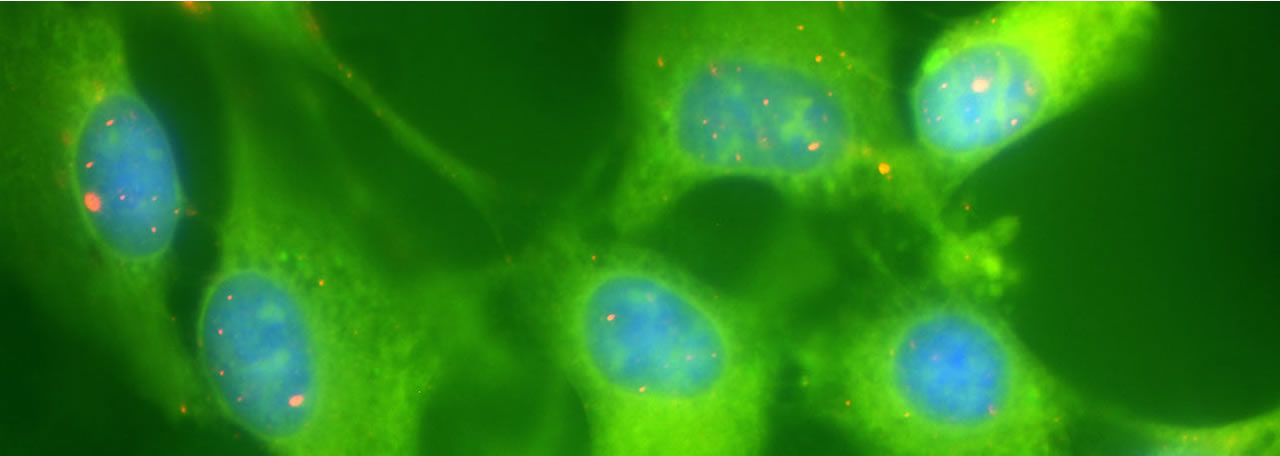SUNY ESF News
TAF Impact: Sustainable Wastewater Treatment
Wendong Tao invented a patented system that strips ammonia from wastewater and uses the recovered nitrogen to produce fertilizer.
TAF Impact: Targeting an Environmental Threat
A biodegradable bioplastic developed at SUNY ESF may replace traditional plastic while reducing waste around the world.
ESF Researchers Receive NSF funding for Eco-manufacturing
Nearly $500K will help fund the research on carbon-neutral alternative sources for value-added chemicals currently sourced from petroleum and other fossil fuels.
SUNY researchers tackle climate change
SUNY’s in-depth approach includes understanding the history, current trends, and impact of climate change and devising ways to mitigate its effects.
SUNY research seeks solutions to Alzheimer’s disease
Unchecked, AD cases are expected to reach 16 million by 2050. SUNY researchers are hard at work probing the causes, developing treatments and creating a cure.
Integrating environmental health and medicine
Environmental influences on health care range from weather pattern changes to the increasing use of nanomaterials in consumer products.
Leading research in next-generation computing and communication
SUNY researchers are at the leading edge of rapid developments in materials, devices, systems, manufacturing processes and the engineering of computers.
SUNY leads in resiliency of community and critical infrastructure
SUNY’s expert faculty and unique facilities enable important research that will allow New York State to adapt to changing weather patterns.
Teaming up to target antibiotic resistance
Collegiality in the SUNY system leads to new lines of research and new approaches to antibiotic development.
SUNY looking to a sustainable energy future
SUNY researchers are exploring renewable and alternative fuels, energy production, and conservation.
Restoration of piping plovers happening on multiple fronts
ESF researchers find that predators, urbanization and high water are among challenges faced by the endangered shorebirds.
Research collaborative explores the value of an urban ecosystem
SUNY researchers have joined forces to study Jamaica Bay’s “ecosystem services”—natural benefits that have a positive impact on humans.
Drug-laden “Trojan Horse” targets cancer cells
Chris Nomura and his team have engineered E. coli bacteria to produce special polymers that serve as the vehicles for delivering cancer drugs.
Chemical analysis uncovers the secret lives of Amazonian fishes
Examinations of chemicals stored in fishes ear-stones reveal migratory routes and could establish a basis for conservation measures.
ESF lists Top 10 New Species for 2016
New to science: a species on humans’ family tree, a brilliant red fish and a dainty damselfly with a racy name.
Millions of native orchids flourish at former mining waste site
ESF study suggests that several factors, including water and soil pH and a type of fungi, contribute to the number of thriving unique plant species at the site.
Climate change redistributes global water resources
An ESF-led research project helps our understanding of the sources of rain and snow and how these precipitation patterns have changed.
New study rings alarm for sugar maple in Adirondacks
Reasons for the decline of one of the most economically and ecologically important trees in the eastern United States and Canada are unclear.
New in town: Windsor Wood USA
A partnership between ESF and a newly relocated wood products company brings numerous benefits to both parties, as well as the local community.
Medical nanomachines with double the function
SUNY researchers designed a nanoparticle that delivers imaging agents and therapeutic drugs directly to diseased tissues in one fell swoop.
SUNY 4E - Breaking with tradition to increase collaboration
How do you get seven researchers with their own laboratories, their own points of view and their own agendas to form a team? Have them chase a ball.
SUNY 4E fosters new Adirondack collaboration
Researchers from three SUNY campuses who share concerns about long-term climate change intend to keep working together.


